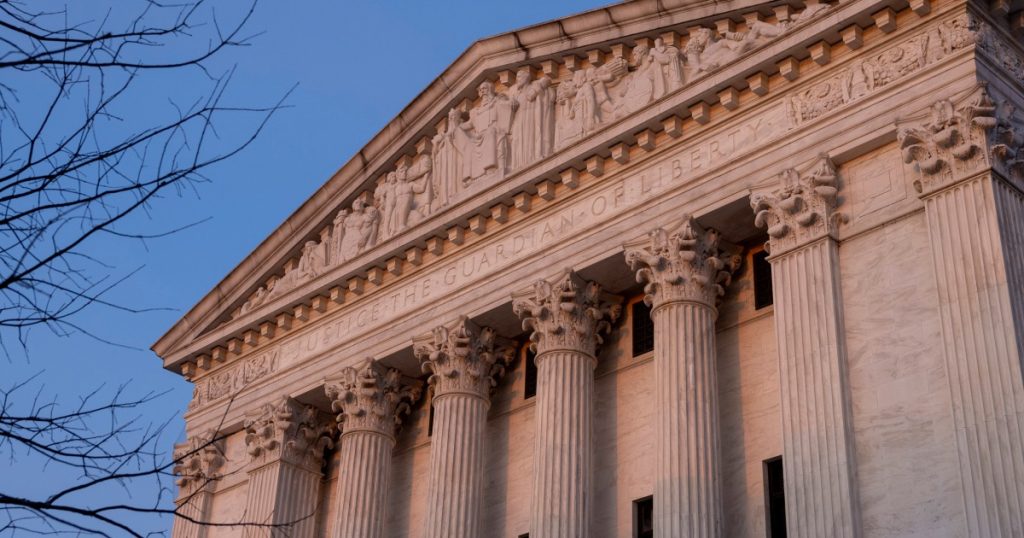A Florida man named Neal Brij Sidhwaney was sentenced to 14 months in prison for threatening to kill a Supreme Court justice. He pleaded guilty to transmitting an interstate threat and had faced up to five years in prison. On July 31, Sidhwaney called the U.S. Supreme Court, identified himself, and left an expletive-filled voicemail threatening to kill a specific justice, according to prosecutors. The voicemail also included a warning that if the justice alerted U.S. Marshals, Sidhwaney would “come kill you anyway,” although prosecutors did not identify which justice was the target of the threats.
After his arrest in August, a federal magistrate judge ordered a competency hearing for Sidhwaney. He denied having psychotic symptoms, but during the examination, delusional thought processes became evident, according to a copy of his forensic psychological evaluation included in court records. Prosecutors did not indicate what prompted Sidhwaney’s threats towards the Supreme Court justice. A federal public defender who represented Sidhwaney declined to comment on the case. This incident highlights the severity of making threats against public officials and the consequences that can result from such actions.
It is concerning that an individual would make threatening statements towards a member of the Supreme Court, one of the highest judicial bodies in the United States. The voicemail left by Sidhwaney clearly conveyed his intention to harm the justice, and the additional threat of violence if the justice sought protection from U.S. Marshals is particularly alarming. The fact that delusional thought processes were evident during his examination raises questions about Sidhwaney’s mental state and his capacity to understand the severity of his actions.
The 14-month prison sentence handed down to Sidhwaney reflects the seriousness of his crime and sends a message that threatening public officials will not be tolerated. It is important for individuals to respect the rule of law and the institutions that uphold it, including the judiciary. Making threats against any member of the Supreme Court or government officials undermines the democratic process and can instill fear and insecurity among those in positions of authority. The competency hearing ordered for Sidhwaney indicates that his mental health may have played a role in his behavior, highlighting the importance of addressing mental health issues in the criminal justice system.
The incident involving Sidhwaney serves as a reminder of the potential dangers that public officials face in carrying out their duties. Threats of violence against members of the judiciary or other branches of government not only put individuals at risk but also undermine the principles of democracy and the rule of law. It is crucial for law enforcement and prosecutors to take swift action in response to threats against public officials to ensure the safety and security of those who serve in government positions. Sidhwaney’s case is a cautionary tale about the consequences of making threats against the country’s highest authorities and the legal repercussions that can follow such actions.


